As the winter months approach the South Carolina Lowcountry, horse owners often face the question of whether their horses need to be blanketed in cold conditions. As passionate advocates for equine care, we at Carter Veterinary Services understand the nuances involved in determining if blanketing is the right choice for your horse. Explore the dos and don'ts of blanketing your horse (including proper techniques and the importance of tailored equine care) and contact us today for additional guidance.
The Right Way to Blanket Your Horse: Dos and Don'ts
The Right Way to Blanket Your Horse: Dos and Don'ts
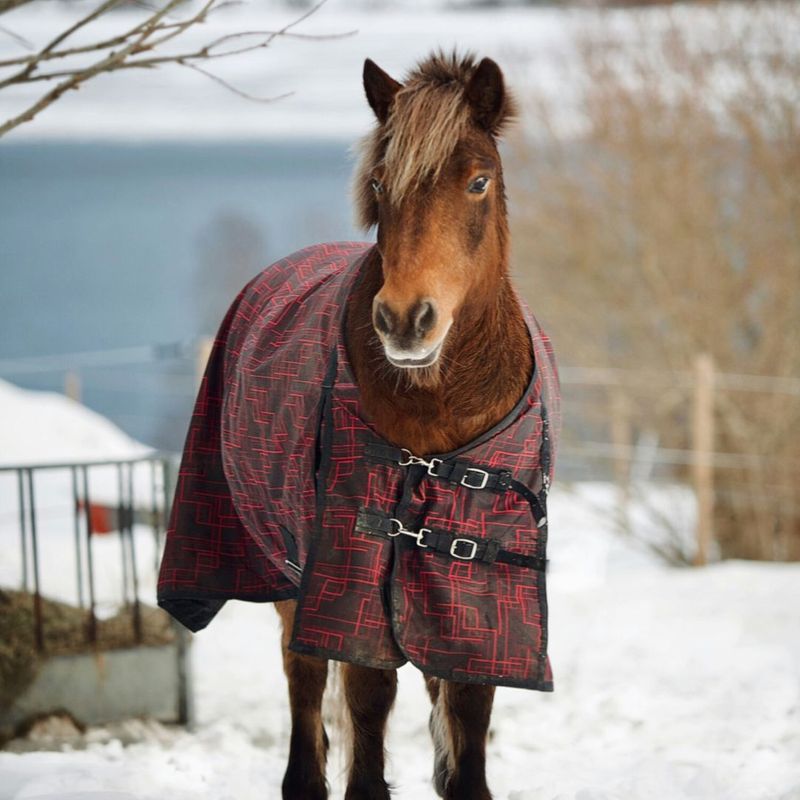
Assessing the Need for Blanketing
Before deciding to blanket your horse, assess whether they truly need it. Horses with thick winter coats may naturally regulate their body temperature and generate adequate warmth even in colder conditions. However, younger, older, or underweight horses may be more susceptible and should be blanketed during low temperatures. Always monitor weather conditions as well — if temperatures drop significantly or wind chill is extreme, consider providing a blanket regardless of the horse’s coat status.
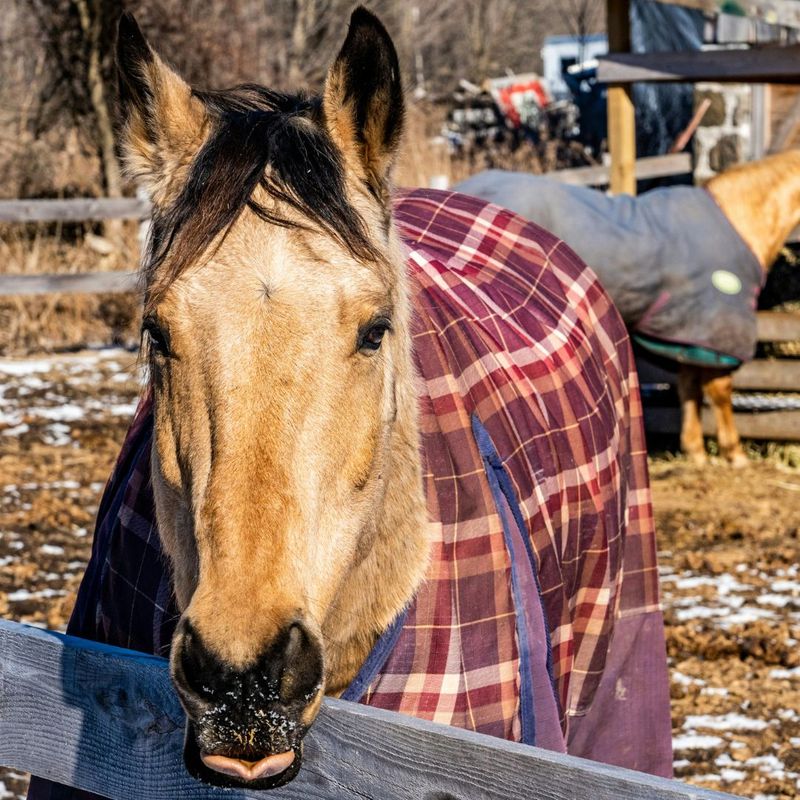
Choosing the Right Blanket
If you’ve decided that your horse would benefit from blanketing, the next step is choosing the right blanket. A properly fitted blanket is critical for your horse's comfort and safety. A tight blanket can restrict movement and cause discomfort, while one that is too loose might shift around or chafe the skin. Look for adjustable features, such as belly and leg straps, which secure the blanket in place. The blanket’s material is also important; it should provide warmth while allowing breathability to avoid overheating.
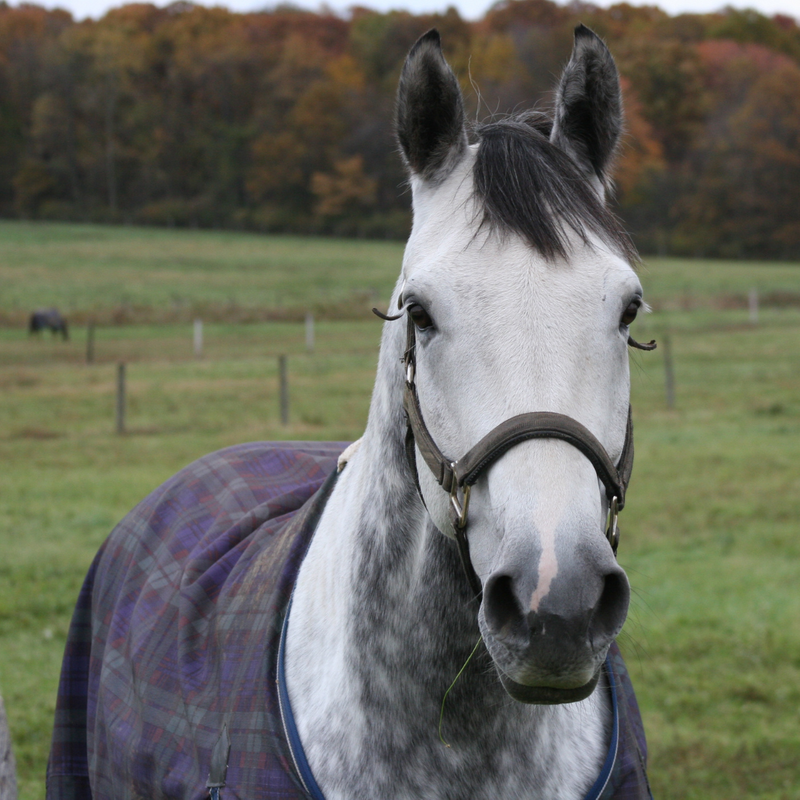
Blanket Placement and Securement
Follow these key blanketing steps to ensure optimal fit and safety for your horse:
Lay the Blanket Evenly: Place the blanket evenly across your horse’s back, draping the material without pulling or bunching.
Position the Front Straps: Gently bring the front straps around to fasten them, aiming for a comfortable fit that allows some movement.
Secure All Straps: Attach any additional belly straps, leg straps, or buckles to keep the blanket securely in place.
Inspect for Comfort: Confirm that the blanket covers your horse’s body without hanging too low. Check for any pinched skin or areas of discomfort, adjusting as needed.
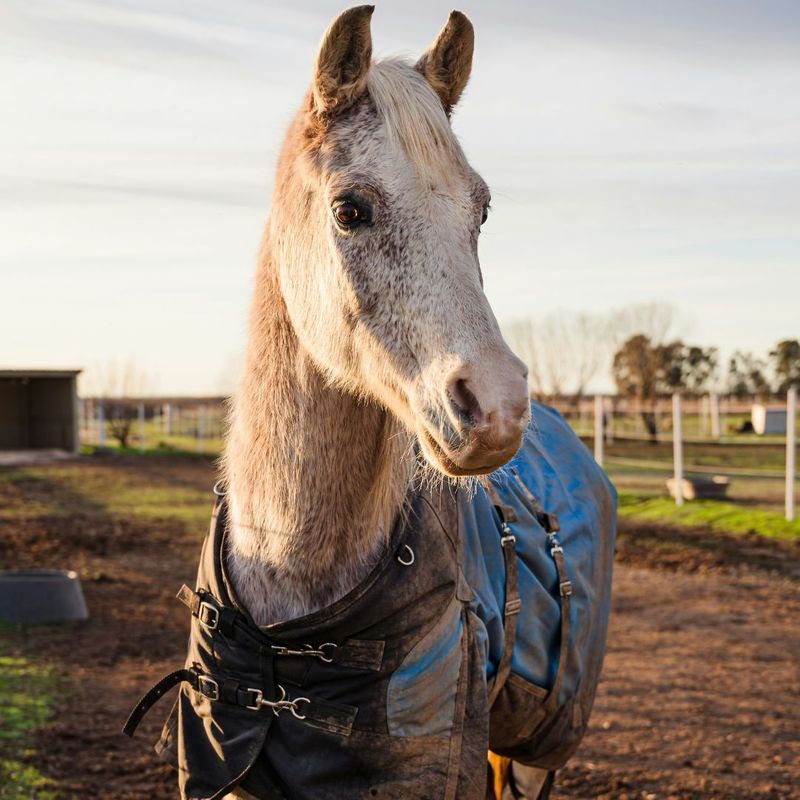
Monitoring Your Horse's Condition
Once your horse is blanketed, keep an eye on their condition regularly. Sudden changes in weather can drastically affect your horse’s comfort and health. For instance, if a warm front brings unseasonably mild temperatures, your horse may become overheated while blanketed. Conversely, if temperatures drop or if there’s persistent rain, check that the blanket is still in place and functioning properly. Your equine vet can assist you with ongoing assessments to help tailor your blanket strategy.
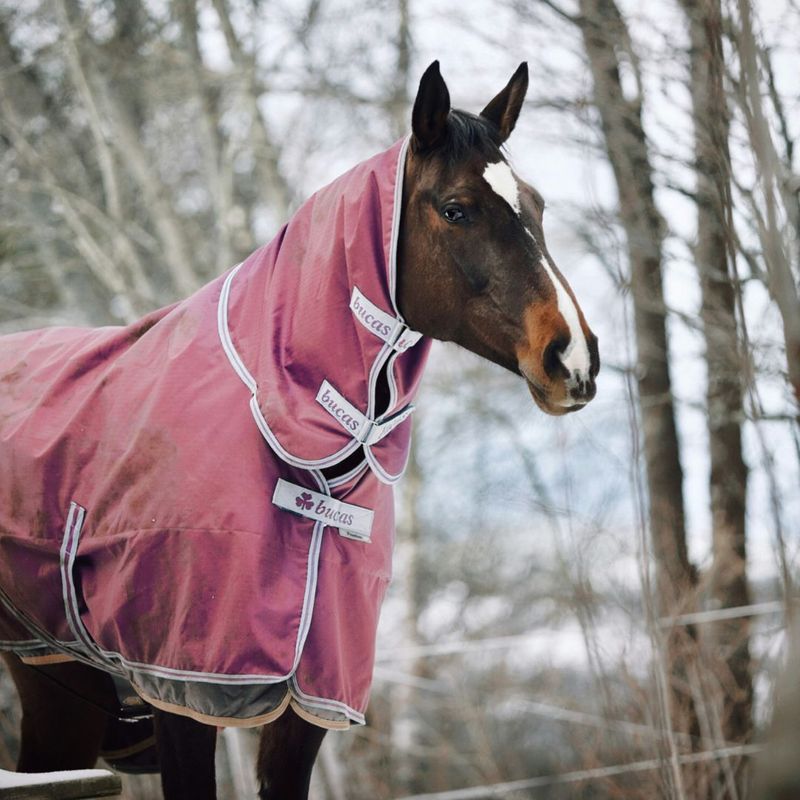
The Importance of Consistency
Maintaining a consistent blanketing routine can enhance your horse's overall comfort and health. Establishing a schedule for when to blanket and unblanket creates predictability in your horse's environment. Furthermore, routinely checking the fit and condition of the blanket is paramount. A clean and dry blanket will not only keep your horse comfortable but will also help prevent skin irritations and infections. Elevating this aspect of equine care protects against health concerns and fosters a trusting relationship between you and your horse.
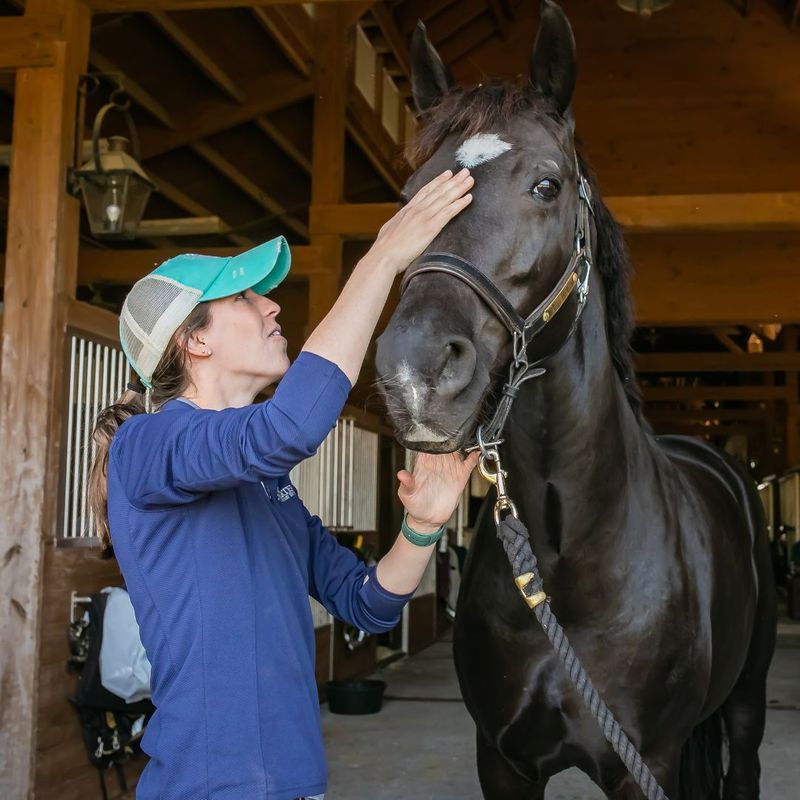
When to Consult Your Equine Vet
If you're ever unsure about your horse’s blanketing needs, consult your local equine vet. Carter Veterinary Services can help identify whether particular health conditions would benefit from blanketing or suggest adjustments based on changes in climate. We can also recommend specific types of blankets suited for your horse’s age, breed, and individual medical history. Regular check-ups will help ensure ongoing health and well-being, as well as provide peace of mind.
If you have any questions or need assistance with blanketing or other equine care matters, don’t hesitate to contact Carter Veterinary Services in the South Carolina Lowcountry. Our dedicated team is here to provide the expert guidance you need for your horse’s health!
